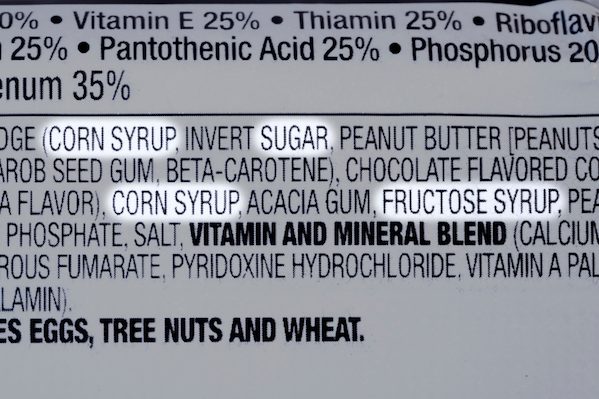
Sugar Consumption is “The New Smoking”
“Sitting is The New Smoking” sounds catchy and cool. It’s even a reasonable conclusion to reach, but I’m not sure the two activities are even related.
The phrase “Sitting is the New Smoking” has been tossed around a lot. It’s a health-conscious reminder of the negative consequences that come with sitting down for long periods of time, or partaking in a sedentary lifestyle (office workers and avid video game players come to mind). “Sitting is the New Smoking” sounds catchy and cool, it’s even a reasonable conclusion to reach. But I’m not quite sure the two activities (sitting and smoking) related. In fact, I’m not sure they’re even in the same ballpark (kind of like the Yankees and the Mets).
On the contrary, there are several clear similarities between sugar consumption and smoking, especially at the corporate level. In my humble opinion, if we can compare anything to cigarettes, it’s sugar. Not to sound too political, but just like the tobacco industry used deceptive marketing in the formative years of advertising, the sugar industry can be accused of those same tactics in recent years (i.e. kid’s cereal commercials). “Big Sugar” got called out when we started to catch on, but it’s no secret that wealth and power influences policy. Just look at “Big Tobacco.”
Today, the devastating effects of diabetes continue to play out before our very eyes. Obesity rates are through the roof and the cost of related complications are set to overwhelm the healthcare industry in the near future. In the meantime, more evidence is piling up and more fingers are pointing to sugar as the main culprit. By the time it gets figured out, the damage will be more than done.
Ocular Manifestations of Diabetes >>>
Harmful Effects of Sugar Consumption:
From a food standpoint, there’s nothing else in the world like sugar. It’s the ONLY food source that’s BOTH carbohydrates and fat. Glucose, the carbohydrate molecule of sugar, can be positively put to use by every single organ in the body. Furthermore, if your body doesn’t produce enough of it, it’ll make it’s own.
On the other hand, fructose is the fatty molecule of sugar. It rears it’s ugly head in many forms, but can only be processed in the liver. If the liver receives too much fructose, it becomes overloaded. When it can’t take any more, the fructose (metabolized as fat) leaks into the body and the following complications can arise:
- Fatty Liver
- Insulin Resistance
- Hypertension
- Weight Gain
However, this is only the tip of the iceberg. If the process gets out of control, the end result can include:
- Heart Disease
- Cancer
- Dementia
- Diabetes
- Obesity
Curbing Your Sugar Cravings >>>
Live in Your OcularPrime:
How much sugar is too much? It depends on how much fructose the liver can process. An active lifestyle will help your liver function properly, but today’s diets are filled with so much refined sugar, it’s hard to be sure what’s happening on our insides. You might think you’re drinking a healthy juice or eating “low-fat” foods and your body can still be overwhelmed by sugar.
So that’s all I’ll say for now. You can get a better explanation of this topic by watching Fed Up, a documentary which focuses on the cause of obesity in the United States. You can also keep track of the recent efforts of Dr. Robert Lustig, who’s researched the topic extensively.







